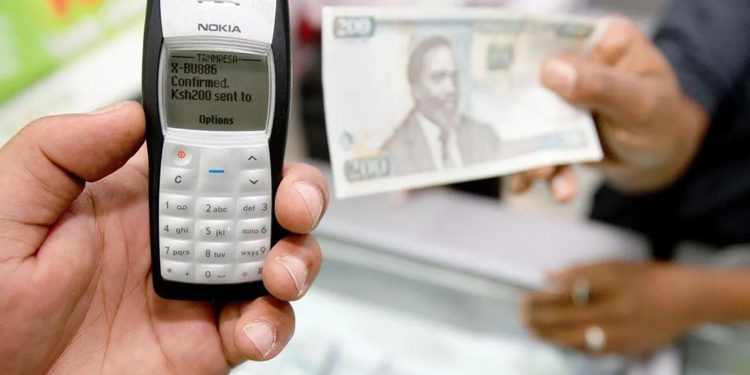In a swiftly evolving digital landscape, financial inclusion serves as a cornerstone of socio-economic empowerment. At the core of this endeavor is the transformative influence of integrating mobile money, which transcends being a mere technology to emerge as a gateway to economic independence for millions globally.
The exponential ascent of mobile money has disrupted conventional banking paradigms, particularly in regions where access to financial services was once restricted. This technology enables individuals to swiftly and securely conduct financial transactions through their mobile devices, holding unparalleled potential to bridge the gap between the unbanked and formal financial systems.
Kenya stands as a testament to the transformative potential of mobile money integration in fostering financial inclusion. The proliferation of mobile money services such as M-Pesa, Airtel Money, and Equitel has significantly altered the country’s financial landscape.
M-Pesa, initiated in 2007 by Safaricom, remains a leader in Kenya’s mobile money sector, boasting a steadily growing user base reaching millions nationwide. Airtel Money and Equitel, while not as dominant as M-Pesa, have also amassed substantial user bases, contributing to Kenya’s drive for financial inclusivity.
Facilitating mobile money integration holds the key to fostering global financial inclusivity by eliminating geographical barriers. In remote and underserved areas where physical bank branches are scarce, mobile money becomes a lifeline. Suddenly, individuals previously excluded from formal banking systems gain access to a myriad of financial services at their fingertips.
Moreover, this technology empowers marginalized communities, including women and rural populations, enabling them to actively participate in economic activities, securely save money, and access credit, thereby catalyzing entrepreneurship and economic growth.
The benefits extend beyond individual empowerment, as nations embracing mobile money integration experience economic stimulation. A more inclusive financial ecosystem contributes to higher savings rates, increased investment, and overall economic resilience.
Realizing the full potential of mobile money integration requires concerted efforts. Regulatory frameworks must adapt to accommodate technological advancements while safeguarding consumer protection and data privacy. Collaborations between governments, financial institutions, and telecommunication companies are pivotal to ensure seamless integration and widespread adoption.
Education also plays a vital role. Promoting digital literacy empowers individuals to harness the capabilities of mobile money effectively. When people understand its potential and feel confident using it, they are more likely to embrace this financial revolution.
Skeptics may raise concerns about security risks or technological disparities. However, advancements in encryption and authentication mechanisms have significantly bolstered the security of mobile money transactions. Addressing technological disparities involves concerted efforts to bridge the digital divide through infrastructure development and affordable access to mobile devices and internet connectivity.
Facilitating mobile money integration isn’t just beneficial, it’s imperative for fostering an inclusive financial landscape. It’s a catalyst for economic growth, a vehicle for empowerment, and a tool for eradicating poverty. Embracing this innovation today will pave the way for a more equitable and prosperous tomorrow.
















